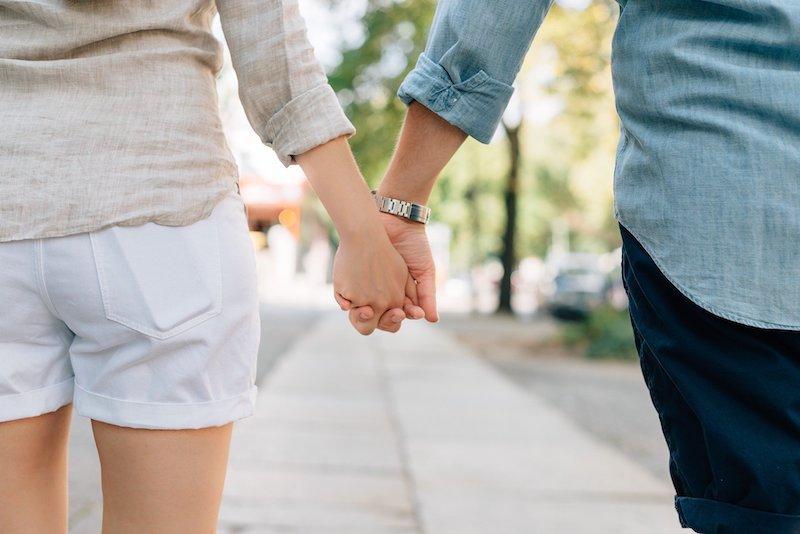New DU Survey Shows Couples Are Strengthening Relationships During COVID-19

As COVID-19 forces everyone inside, couples are spending more time together than ever. University of Denver psychology professor Howard Markman and students taking his Couples Therapy and Relationship Education class decided to take a closer look at this unprecedented time of prolonged togetherness. The class created an anonymous poll to gauge the impact coronavirus has had on relationships. So far, around 300 people, ranging in age from 18 to 80, have completed the survey. Because the survey was shared on social media by Markman’s class, it is presumed that the results mostly reflect the DU community and the students’ circle of family and friends.
Despite its limitations related to audience composition and diversity, the poll produced results that challenge conventional thinking. Even as some media reports warn of a possible coronavirus-related divorce spike, the DU survey finds that some relationships are actually strengthening during this uncertain time. Here are the key findings and some thoughts from Markman:
- 73% of people in relationships said they were happy or very happy during the crisis.
This reflects a continuation of happiness before COVID-19, so people maintained the same levels and did not decrease as some have been concerned about.
- 68% said they felt more gratitude for their partner now than before the crisis.
COVID-19 likely has facilitated people thinking about what is important to them. Their marriage or their relationship is very high on the list, and people are more grateful for what they have. Also, maybe people are thinking about what it would be like for their partner to get sick/die and [are recognizing] that we do not appreciate what we have, until we imagine it being gone, as 25% of people said their partner took care of them during this time.
- 60% felt that being self-quarantined together had a positive relationship impact.
People are appreciating having someone they love and someone who loves them. They are also doing fun things together like walks, watching shows together, expressing affection, sensual/sexual activities, etc.
- 40% of partners said they were having less conflict during this time vs. more conflict.
I would say that these younger couples, in a situation where more conflict and disagreements are to be expected, are likely making an effort to get along and accept differences. More generally, this is an important finding (if it holds up) because it shows that with mindfulness, most couples have the power to improve the relationship between the two of them if they click one ruby slipper on one’s foot to one on the other. One key: Talking without fighting about issues.
- What have couples been up to?
- 80% took a walk once a day
- 62% kissed a lot
- 68% hugged a lot
To take the survey, please click here.




